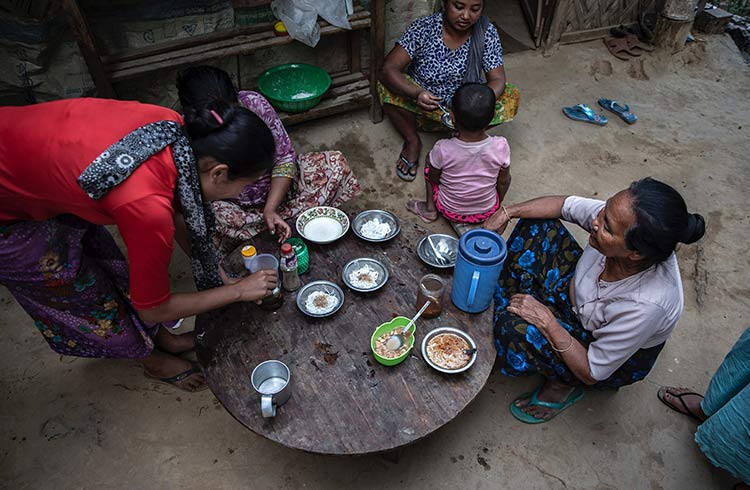Health and Hygiene Tips for Travelers in Bangladesh
Find out about common diseases, medical treatment facilities, swimming conditions, air quality, tattoos and natural hazards before you go to Bangladesh.
 Photo © Photo by Md. Golam Murshed on Unsplash
Photo © Photo by Md. Golam Murshed on Unsplash
Health in Bangladesh
Medical facilities and treatment in Bangladesh are not of a high standard. Visit your doctor a few months before traveling to discuss your trip and decide which vaccinations or immunizations you'll need. Most of these medications take several weeks to take effect so leave yourself plenty of time. Take whatever precautions you can to avoid having to seek medical treatment while in Bangladesh.
Diseases
Insect-borne diseases, such as malaria and dengue fever, are common, and there have been reported cases of Japanese encephalitis. Malaria is typically restricted to the more rural areas of the country, but dengue can be found throughout, including the larger cities including Dhaka. The best way to avoid catching any of these illnesses is to use insect repellent that contains DEET and to wear clothing that covers exposed skin on your arms, legs and feet.
HIV/AIDS is a growing problem in Bangladesh. Never share needles, including those used for tattooing, and use proper protection during sex. While the overall percentage of people living with the illness was estimated to be around .1% in 2010 (lower than in many other countries), this number is on the rise.
Tap water is not safe to drink; stick to bottled, boiled or treated water and avoid ice cubes in drinks. Don't eat or handle undercooked beef or beef products as this can cause a variety of infectious diseases. In 2010, there were several hundred reported cases of the cutaneous form of anthrax, which is believed to have been caused by diseased animals (either consuming or coming into close contact with). Further outbreaks of this and other infectious diseases such as cholera, hepatitis, typhoid, tuberculosis, polio, rabies and Nipah virus can occur at any time.
Swimming, Tattoos and Air Quality
Swimming in fresh water can cause exposure to certain water-borne parasites, so avoid it or do so with caution.
So-called "black henna", or temporary tattoos created with dye, and other types of body painting, can cause serious allergies and skin conditions.
The air in Dhaka can be extremely polluted so avoid spending a lot of time outdoors if air quality is poor when you're there. This is particularly important for those suffering from existing respiratory problems.
Weather and Natural Hazards
June through September make up the monsoon season in Bangladesh. Flooding and landslides can occur throughout the country with little notice and have the potential to cause damage to property and loss of life. Larger cities, like Dhaka, can be particularly unpleasant during this season as the heavy wind and rain can affect electricity supplies, services and transportation and can cause sewage to overflow.
Cyclone seasons are between May and June, and October to November. These dangerous storms can cause extensive damage and often occur with little or no warning. If you are traveling during these months, pay close attention to the local weather forecasts and avoid embarking on long journeys as you may find yourself trapped with no way to travel back to the larger cities.
Bangladesh is in a high-risk earthquake zone. As recently as 2008, the country suffered a tremor measuring 5.6 on the Richter scale and 40 people were injured as a result.
Earthquakes can also cause tsunamis, and the government will typically issue warnings. Keep a close eye on local news reports and pay attention to any warnings.
Simple and flexible travel insurance
You can buy at home or while traveling, and claim online from anywhere in the world. With 150+ adventure activities covered and 24/7 emergency assistance.
Get a quote
No Comments